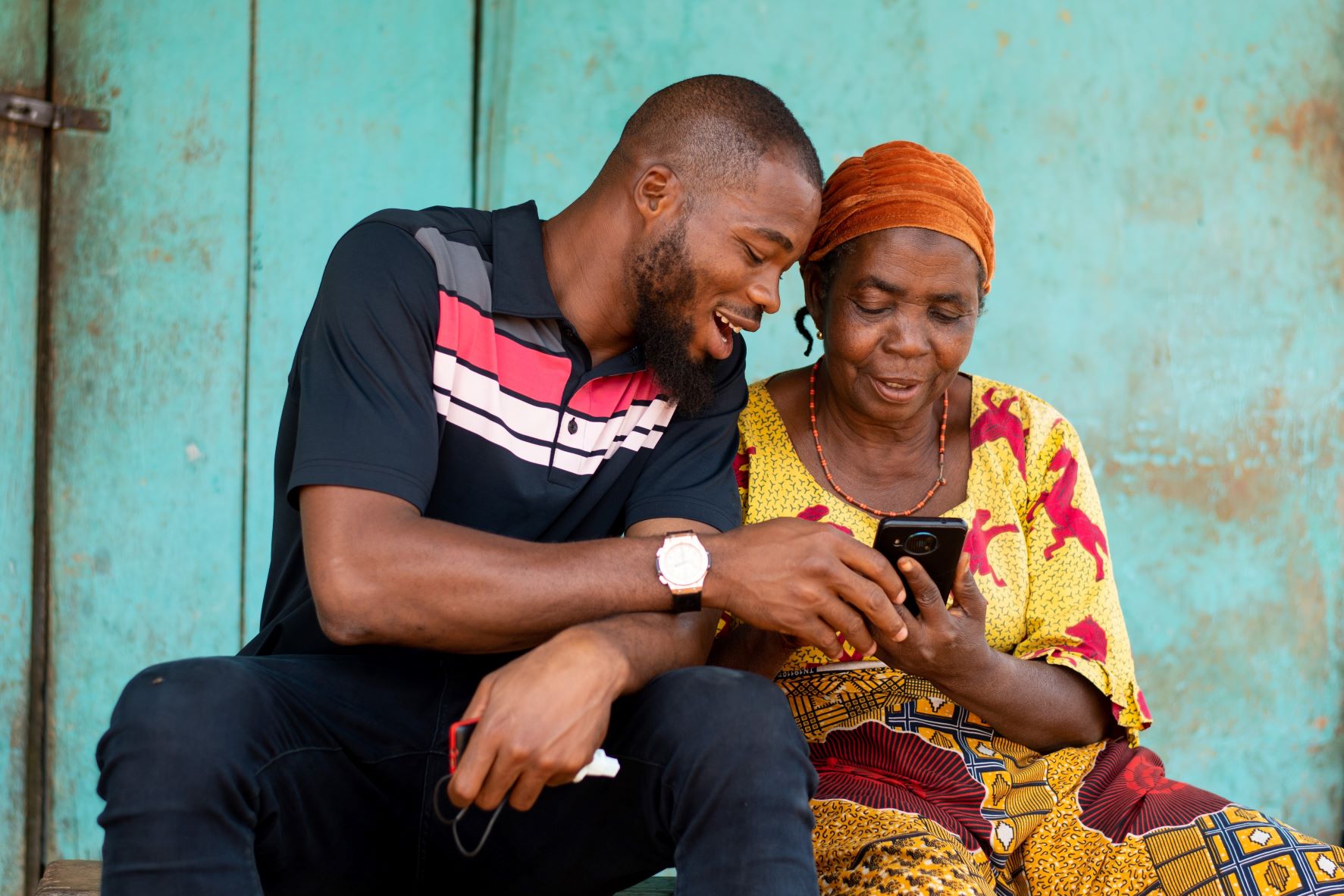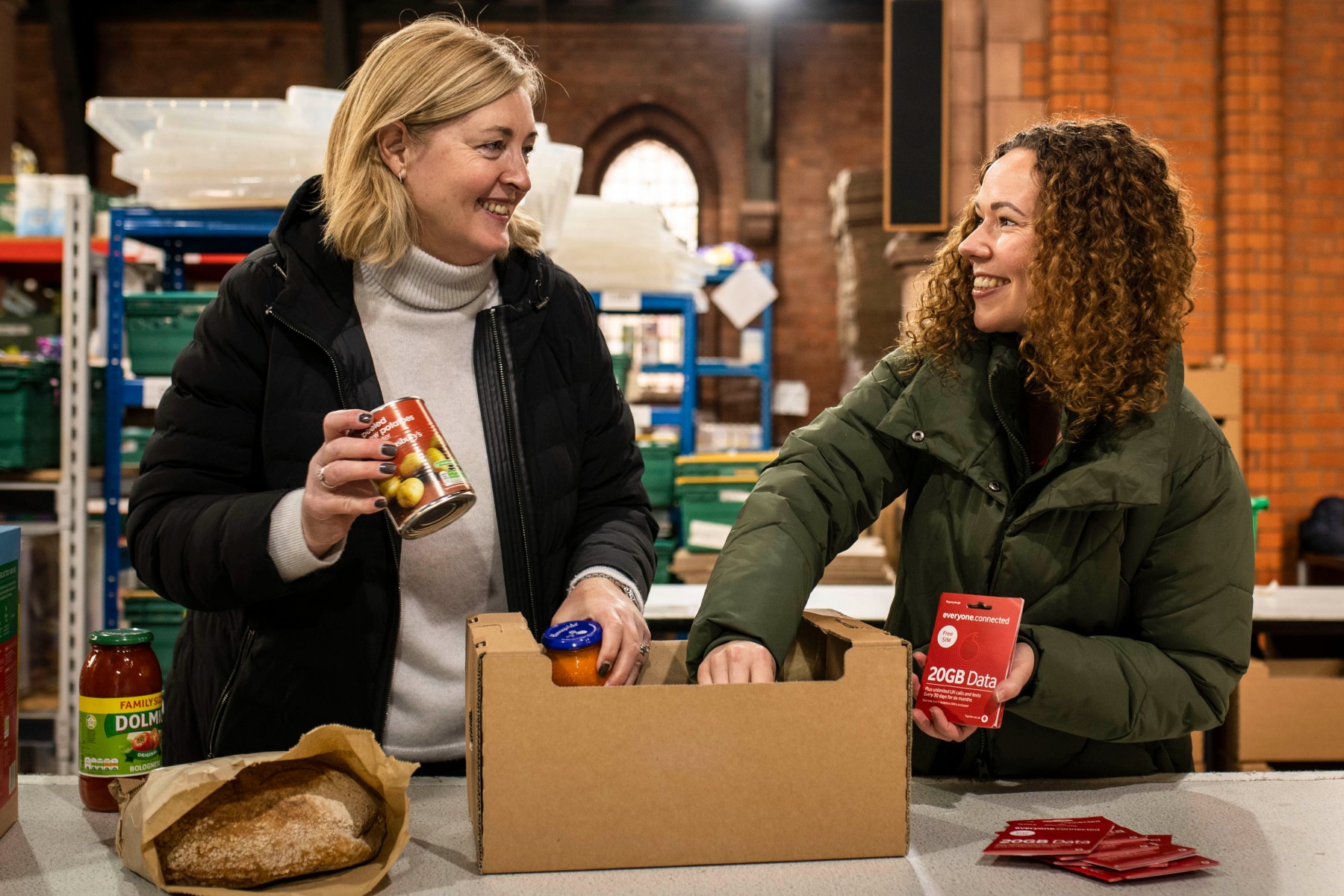
The plan tackles smartphone affordability and availability, as well as digital skills, so that as many people as possible in developing countries can access the devices.
A United Nations working group, the Broadband Commission Working Group on Smartphone Access, has unveiled a plan at the UN General Assembly to increase the availability and affordability of smartphones in developing countries as well as the provision of digital skills training so that people can make the most of the devices.
The plan identifies three key measures that will have the most immediate impact on handset take-up:
- increased use of flexible device financing by mobile network operators;
- reduced taxes and import duties on smartphones; and
- improved distribution models to make smartphones more accessible to rural communities.
To develop these ideas further, the Working Group, co-chaired by Vodafone Group CEO Nick Read, will create taskforces to address issues such as:
- improving recycling regulations and developing quality standards for pre-owned smartphones;
- developing strategies for the recycling of mid-range and low-end smartphone models;
- exploring the use of Universal Service Funds and other government subsidies; and
- further exploring the economic benefits of reducing tax and import duties on smartphones.
Nick Read, CEO, Vodafone Group, said: “Access to the internet, and smartphones, are critical enablers of jobs, education, healthcare, financial services and much more.
“We need focused partnerships between business, government and civil society to drive smartphone adoption, through the actions we have identified, to ensure we enable the transformative benefits of internet adoption for billions of people.”







